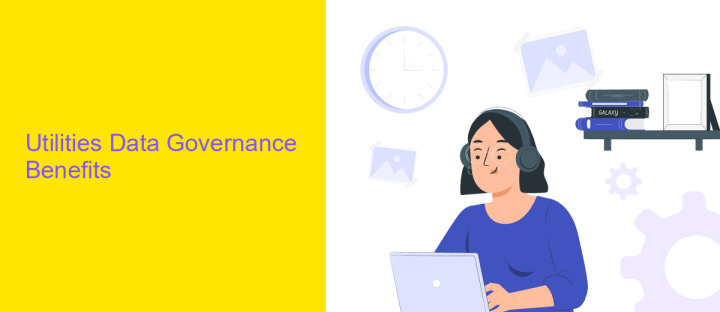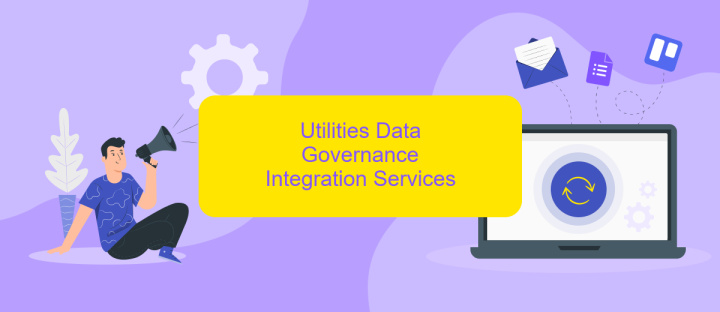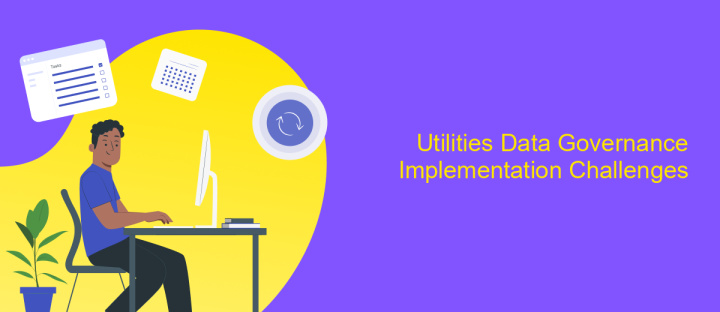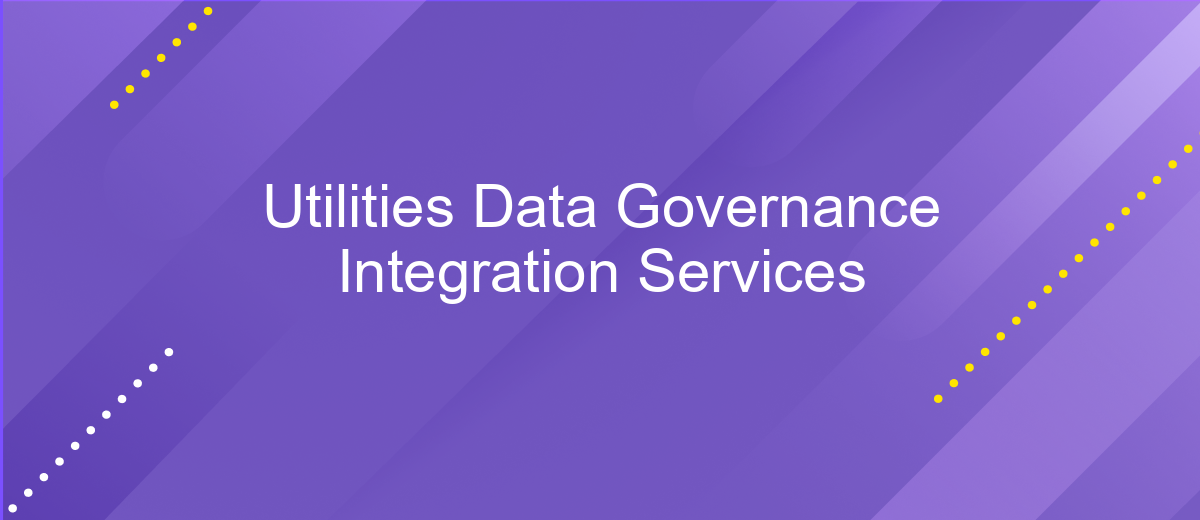Utilities Data Governance Integration Services
In the rapidly evolving landscape of utilities management, effective data governance is paramount. Utilities Data Governance Integration Services play a crucial role in ensuring that data is accurate, secure, and compliant with regulatory standards. By seamlessly integrating data governance frameworks, these services empower utilities to make informed decisions, optimize operations, and enhance customer satisfaction, all while maintaining robust data integrity and security.
Utilities Data Governance Definition
Utilities Data Governance refers to the comprehensive management of data quality, availability, usability, and security within the utilities sector. This involves the establishment of policies, procedures, and standards to ensure that data is accurate, consistent, and accessible to authorized users. Effective data governance helps utilities companies to make informed decisions, comply with regulations, and enhance operational efficiency.
- Data Quality Management: Ensuring data accuracy and consistency.
- Data Security: Protecting data from unauthorized access and breaches.
- Data Accessibility: Making data available to authorized users when needed.
- Compliance: Adhering to industry regulations and standards.
- Data Lifecycle Management: Managing data from creation to disposal.
Implementing robust data governance in the utilities sector is crucial for optimizing resource management, improving customer service, and achieving regulatory compliance. By establishing clear guidelines and accountability, utilities can leverage their data assets more effectively, driving innovation and maintaining a competitive edge in the market.
Utilities Data Governance Benefits

Implementing utilities data governance offers numerous benefits, including enhanced data quality and reliability. By establishing clear data management protocols, organizations can ensure that their data is accurate, consistent, and up-to-date. This leads to more informed decision-making processes, as stakeholders can trust the integrity of the data they are using. Additionally, improved data governance helps in regulatory compliance, minimizing the risk of legal issues and financial penalties associated with data mismanagement.
Another significant advantage is the integration capabilities provided by platforms like ApiX-Drive. These services streamline the process of connecting various data sources, ensuring seamless data flow and reducing the complexity of data management. By automating data integration, utilities can save time and resources, allowing their teams to focus on strategic initiatives rather than manual data handling. This not only enhances operational efficiency but also supports the scalability of data governance frameworks, enabling organizations to adapt to evolving data needs and technological advancements.
Utilities Data Governance Integration Services

In an increasingly data-driven world, utilities must prioritize the integration of data governance to ensure seamless operations and compliance. Utilities Data Governance Integration Services offer a structured approach to managing and utilizing data across various systems, ensuring data consistency, accuracy, and security. By implementing these services, utilities can significantly enhance their decision-making capabilities and operational efficiency.
- Data Quality Management: Ensures the accuracy, completeness, and reliability of data.
- Data Integration: Facilitates the seamless merging of data from different sources.
- Compliance and Security: Guarantees that data handling practices meet regulatory standards.
- Data Lifecycle Management: Manages data from creation to deletion, ensuring proper archival and disposal.
- Metadata Management: Maintains data about data, which helps in better understanding and utilization.
By leveraging Utilities Data Governance Integration Services, companies can not only comply with regulatory requirements but also unlock the full potential of their data. This holistic approach ensures that data is managed as a valuable asset, driving informed decision-making and fostering a culture of data-driven innovation within the organization.
Utilities Data Governance Implementation Challenges

Implementing data governance in the utilities sector presents several unique challenges. One of the primary issues is the sheer volume and variety of data generated from various sources, including smart meters, sensors, and customer interactions. This data diversity makes it difficult to establish consistent governance policies and standards.
Another significant challenge is ensuring data quality and accuracy. Inaccurate or incomplete data can lead to poor decision-making and regulatory non-compliance. Utilities must invest in robust data validation and cleansing processes to maintain high data quality standards.
- Complex data integration from multiple sources
- Ensuring compliance with regulatory requirements
- Maintaining data privacy and security
- Managing legacy systems and data silos
- Allocating sufficient resources and expertise
Overcoming these challenges requires a strategic approach that includes investing in advanced technologies, fostering a culture of data stewardship, and continuous monitoring and improvement. By addressing these issues proactively, utilities can enhance their data governance frameworks and leverage data more effectively for operational efficiency and customer satisfaction.


Utilities Data Governance Best Practices
Effective utilities data governance requires a comprehensive approach that ensures data integrity, security, and accessibility. One of the best practices is to establish clear data ownership and stewardship roles within the organization. This ensures accountability and promotes a culture of data responsibility. Additionally, implementing robust data quality management processes, including regular audits and validations, helps maintain the accuracy and reliability of the data, which is crucial for informed decision-making.
Another essential practice is to leverage advanced integration services to streamline data flows and enhance interoperability between systems. For instance, utilizing tools like ApiX-Drive can significantly simplify the integration process, allowing for seamless data exchange between disparate systems. This not only improves operational efficiency but also ensures that data governance policies are consistently applied across all platforms. Regular training and awareness programs for employees on data governance policies and best practices further strengthen the overall data governance framework.
FAQ
What is Utilities Data Governance Integration Services?
Why is data governance important for utilities?
How can integration services benefit utility companies?
What are common challenges in utilities data integration?
How can automation tools assist in data governance and integration?
Apix-Drive will help optimize business processes, save you from a lot of routine tasks and unnecessary costs for automation, attracting additional specialists. Try setting up a free test connection with ApiX-Drive and see for yourself. Now you have to think about where to invest the freed time and money!

